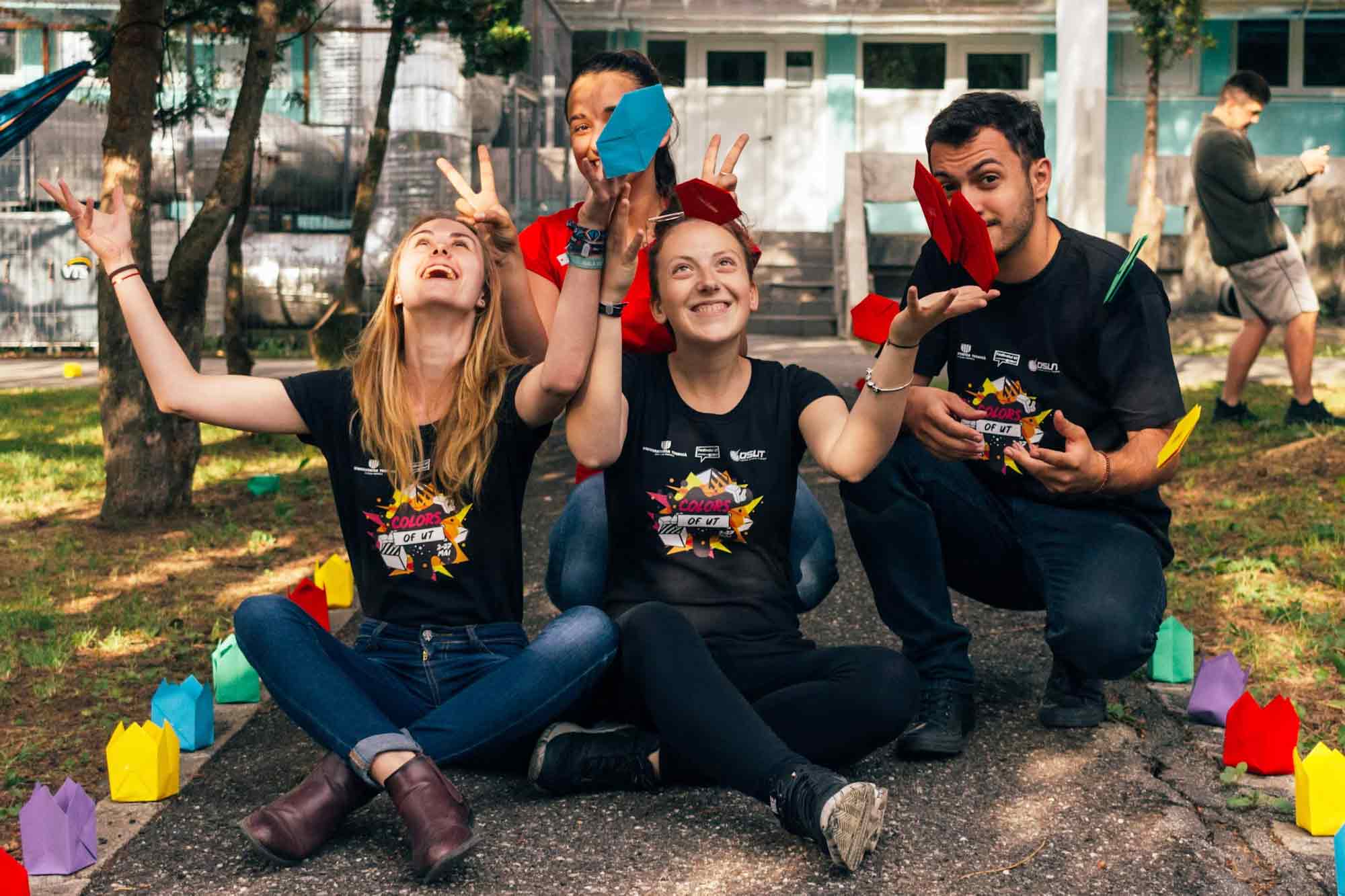The ongoing development of any youth program’s staff is not just nice to have, it’s a strategic necessity. Training equips staff with the necessary skills and knowledge to enhance their performance and adapt to evolving challenges. In youth programs, where staff directly influence young lives, the importance of training cannot be overstressed.
Let’s dive into the multiple facets of staff training and its role in ensuring the efficacy and growth of nonprofit youth programs.
Understanding the Impact of Staff Training
As digital tools and platforms evolve, upskilling employees in technological aspects becomes essential. Training in areas such as data management, online communication, and program tracking tools can significantly enhance the efficiency of youth programs. In addition, reskilling initiatives prepare staff for different roles or adjust to changing program needs, which is crucial in the dynamic environment of nonprofit organizations.
1. Boosting Staff Confidence and Competence
Training programs play a pivotal role in enhancing the confidence and competence of staff. Staff members feel more competent and confident in their roles by continuously updating their skills and knowledge. This improves their job satisfaction and their ability to mentor and guide the youth under their care effectively.
2. Enhancing Organizational Credibility and Reputation
A well-trained staff is often synonymous with a credible and reputable organization. Ongoing training demonstrates a commitment to excellence that reassures stakeholders, including donors, volunteers, and community members, about the quality and reliability of the organization.
3. Fostering Strategic Thinking and Innovation
Strategic training sessions help foster an environment of strategic thinking and innovation among staff. These skills are crucial as they enable staff to develop and implement effective programs that can better serve the community and adapt to its changing needs. A well-trained team also cultivates a positive workplace culture of competence and mutual respect, enhancing staff motivation and morale.
4. Improved Staff Retention
Investing in employees’ professional development leads to higher job satisfaction, which can significantly reduce turnover rates. This strategic investment reduces turnover and costs associated with hiring and training new staff, creating a loyal workforce that is deeply connected to the nonprofit’s mission and poised to contribute effectively to its success.
5. Enhanced Program Quality and Impact
Trained staff are better equipped to design and implement programs that effectively meet the needs of the youth, leading to improved outcomes and greater impact on the community. In addition, regular training can significantly increase productivity among staff by equipping them with the skills to perform their roles more efficiently and take on new responsibilities.

Effective Training Methods
Selecting the right training method for staff in nonprofits and youth programs is crucial for maximizing efficiency and engagement. In the following sections, we’ll explore a range of training options to ensure you find the best fit for your organization’s needs.
1. Cohort-based Learning
Cohort-based learning involves grouping staff members into specific cohorts to go through training programs together. This method fosters a sense of community and collaboration among participants, enhancing the learning experience through peer interactions, and it’s particularly effective in building teamwork and ensuring that learning aligns with the organization’s culture and goals.
By moving through a curriculum as a unit, participants can support each other and share diverse perspectives, which enriches the learning process for all involved.
2. Workshops
Conducting interactive workshops provides hands-on experience and allows staff to practice new skills in real-time, which is particularly effective in roles requiring direct interaction with youth. It can be particularly beneficial for developing practical skills that staff can immediately apply in their roles, such as crisis management, fundraising techniques, or program design strategies.
3. Online Courses
Online courses provide flexibility and accessibility, allowing staff members to learn at their own pace and on their schedule. These courses can range from generalized subjects beneficial to nonprofit management to specialized topics tailored to the unique needs of youth programs. With advancements in digital learning platforms, online courses can include interactive elements, forums, and even virtual simulations, making them nearly as engaging as in-person sessions while being more scalable and cost-effective.
4. Mentorship Programs
Implementing mentorship among staff can lead to enhanced personal development and stronger team dynamics. Experienced staff can guide newer employees through direct engagement and support, which accelerates the professional growth of new or less experienced team members.
5. Lunch and Learns
These sessions are led by a colleague who shares insights or skills related to their expertise or recent training they’ve undergone. Lunch and learns are an excellent way to foster a learning culture within an organization, as they are less formal and offer a relaxed environment for staff to learn, ask questions, and exchange ideas without the pressure of formal training settings.

Donor and Community Relations
Effective staff training in nonprofits significantly enhances relationships with donors and the community. Well-trained employees are better equipped to articulate the organization’s mission, achievements, and needs compellingly and confidently. Once you’ve achieved this level of professionalism, the support and engagement from the community and donors also tend to level up.
Relation with Students
In the context of youth programs, the impact of staff training extends directly to student engagement and development. Trained staff are more adept at creating supportive and enriching environments that cater to the diverse needs of students. Ultimately, the quality of interaction between staff and students defines the success of youth programs, making staff training indispensable.
Streamline Operations and Train Your Staff
AfterSchool HQ streamlines administrative tasks, enabling you to concentrate on the core aspects of your program, including staff training. By automating enrollment processes, managing payments, and organizing data efficiently, our platform frees up valuable time that can be redirected toward enhancing staff skills and expanding program offerings.
Photography via Unsplash by Jason Goodman, LinkedIn Sales Solutions, and Claire Nakkachi.




